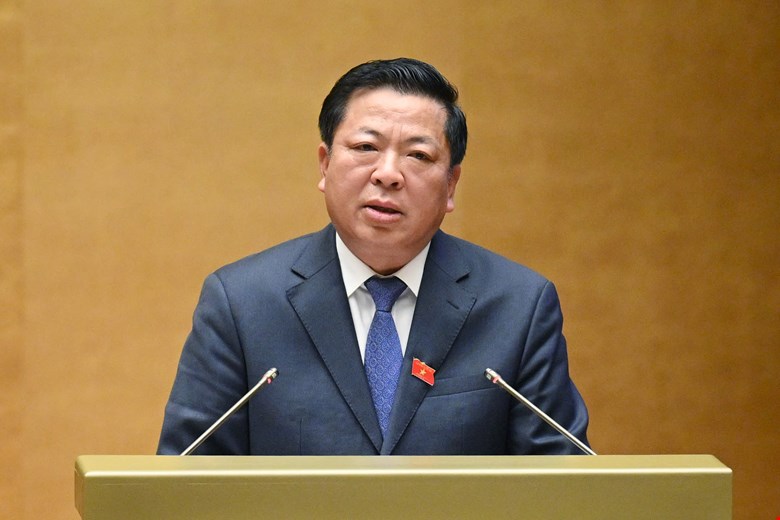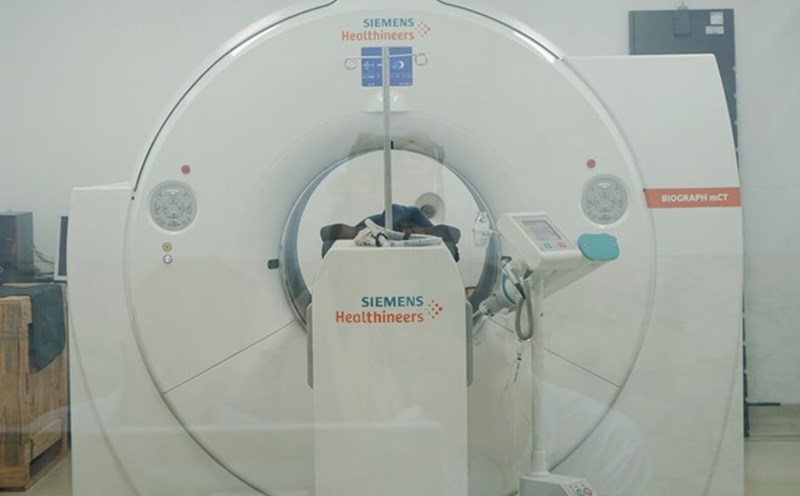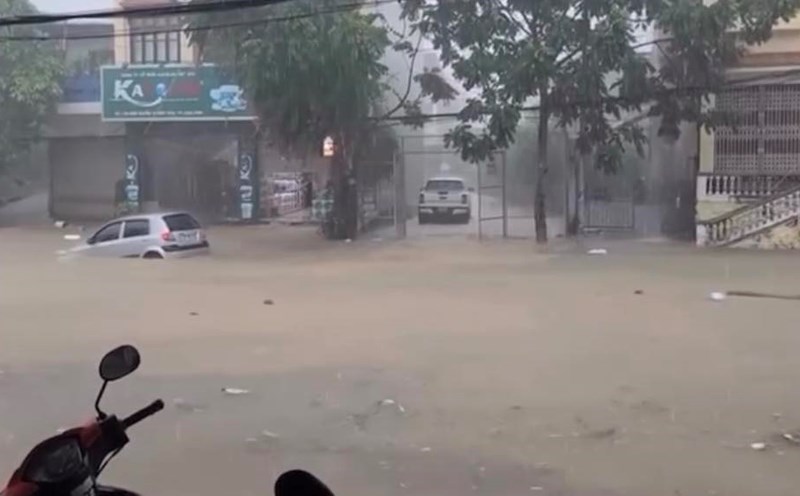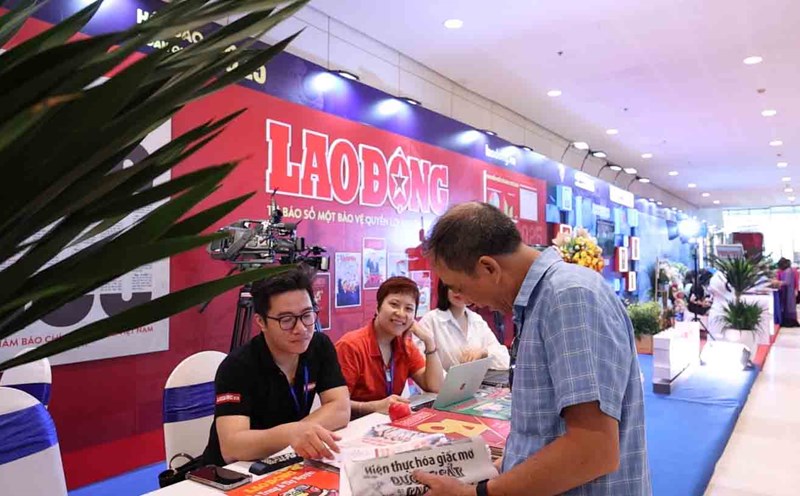On the afternoon of June 20, the National Assembly discussed in the hall the investment policy for the Ho Chi Minh City Ring Road 4 Construction Investment Project (HCMC).
Delegate Pham Van Hoa (Dong Thap Delegation) agreed with the construction of the Ho Chi Minh City Ring Road 4 project under the PPP (with toll collection), however, it is necessary to reconsider the construction of parallel roads (under the form of public investment, without toll collection).
This will cause great difficulties for PPP investors in collecting fees, because people will tend to choose to travel on free parallel roads more.
For example, on the Ho Chi Minh City - Trung Luong - My Thuan Expressway, the Ho Chi Minh City section to Trung Luong does not collect a lot of tolls, but the section from Trung Luong to My Thuan has a very few tolls.
The delegate of Dong Thap delegation said that if the fee is collected, it should be collected at all or vice versa, and if one side collects but the other side does not collect, it will cause difficulties for investors.
Delegates are concerned about the scarcity of sand and fill soil not only for this project but also for many other expressway projects that are being implemented, causing material prices to increase. Therefore, he suggested that in places with weak and sunken soil such as in Long An, instead of building roadbeds, they should study the design of overpasses.
"This will help reduce pressure on filling materials while ensuring long-term quality of the project," the delegate said.
The delegate also agreed with the appointment of bids for consulting packages to speed up progress., However, it is recommended to closely monitor the quality, efficiency and objectivity of consulting and appraisal units, avoiding the situation of "inflating" the total investment to benefit.
Delegate Tran Van Tien (Vinh Phuc Delegation) recommended that sections of the route with a filling soil structure should be designed to build overpasses, reduce land acquisition, reduce the amount of filling materials and limit flooding and inundation.

Explaining and clarifying the opinions of delegates, Minister of Construction Tran Hong Minh said that the 48km section through Binh Duong was proactively invested 100% by Binh Duong province under the BOT form, without using the state budget. Because it is located at the gateway and has a large traffic volume, collecting tolls to recover capital is very feasible.
"Therefore, the total investment of VND120,000 billion submitted by the Government does not include the section of Binh Duong," said the minister.
Regarding the investment phase, the minister said that phase 1 of the project will invest in 4 lanes, but site clearance will be done once for the entire plan cross-section of 74.5 meters.
According to calculations, it will not be until 2049 - 2050 that phase 2 will be invested in (expanded to 8 lanes). Thus, the investment in phase 2 is still very far away, not affecting the financial plan and fee collection of phase 1.
Recognizing concerns about the scarcity of sand and fill soil, especially in the Mekong Delta, the minister said that the Government, ministries, branches and localities are determined to find solutions, including research on the use of sea sand and ensuring supply from mines in localities in the region.
Regarding the investment capital for the project through Long An province, Minister Tran Hong Minh said that because Long An is a province that is still facing difficulties, the Government has a policy of using the central budget to support the construction part, the province is only responsible for the site clearance part.











